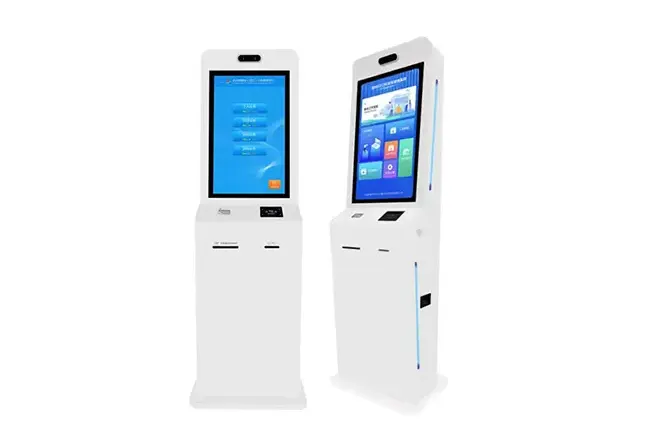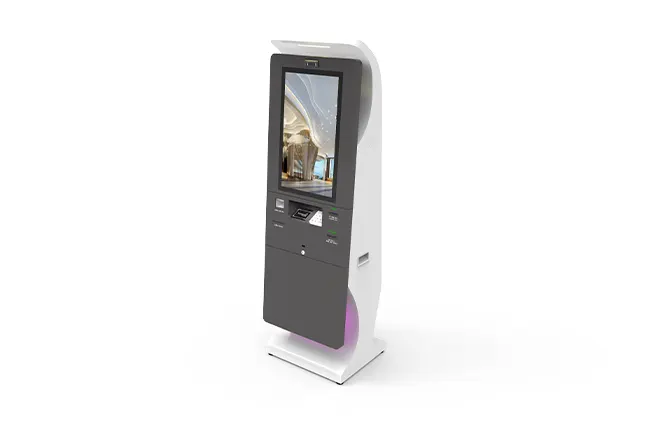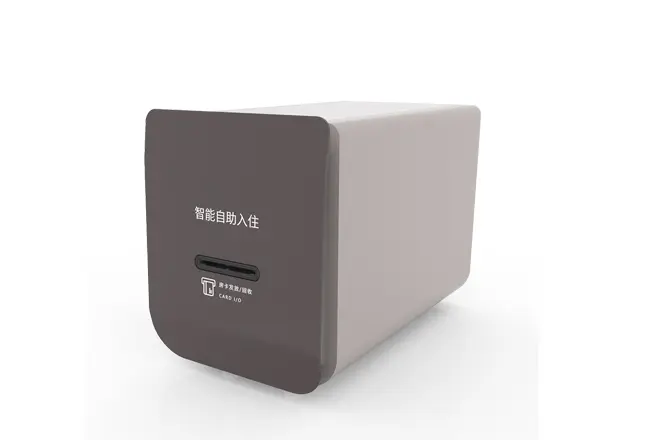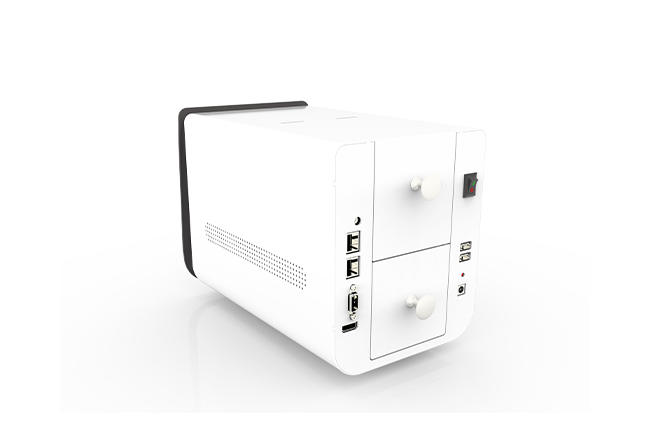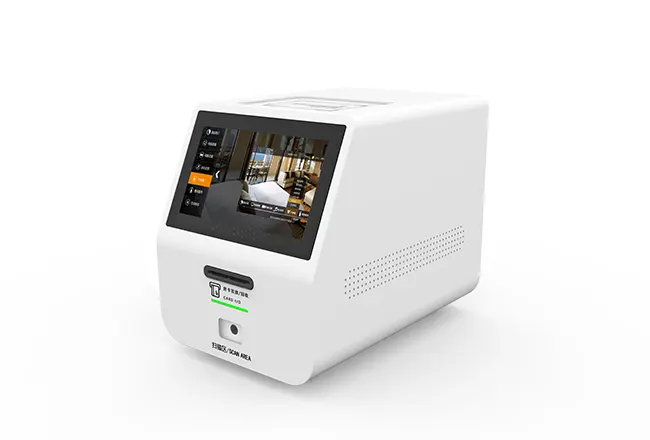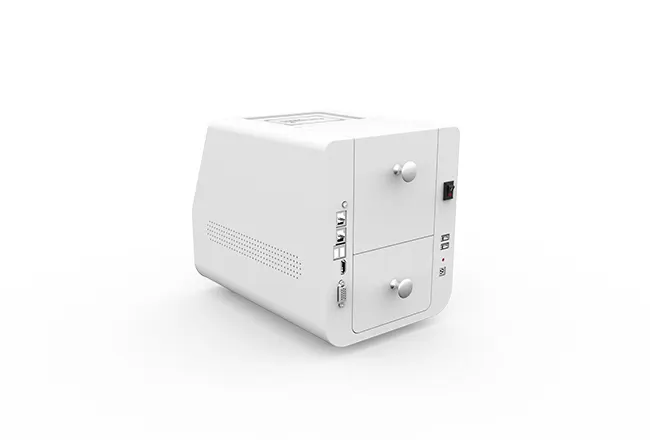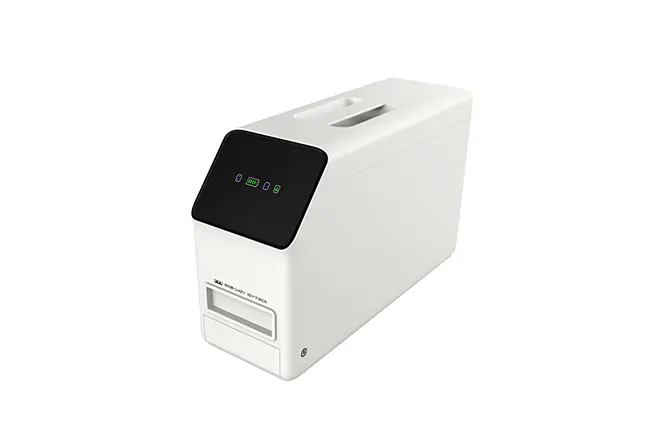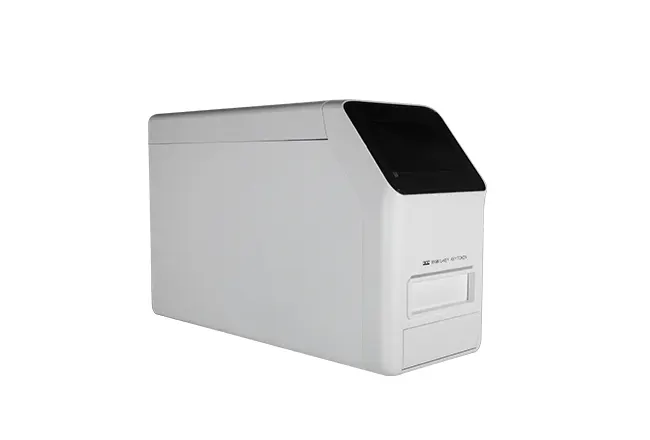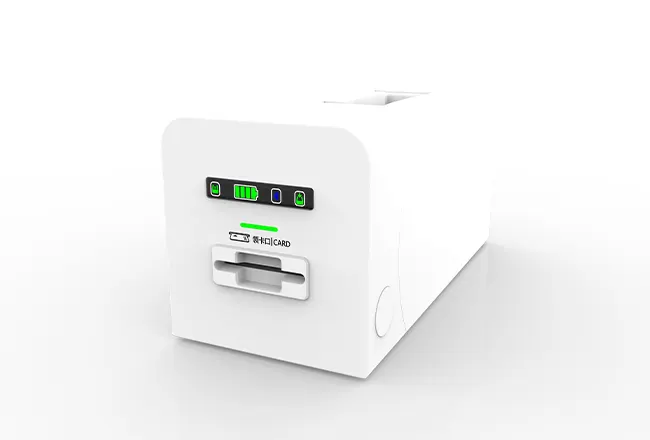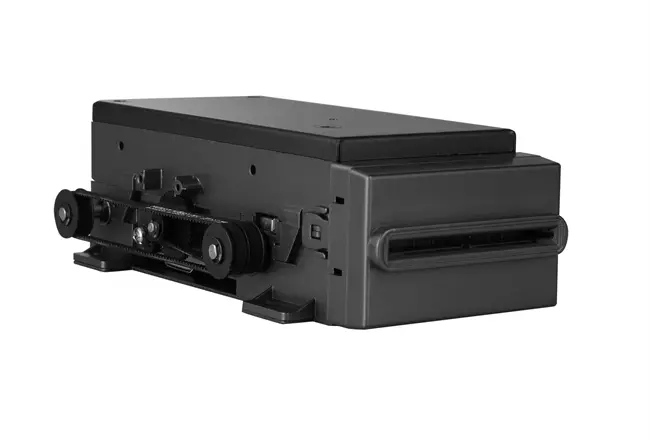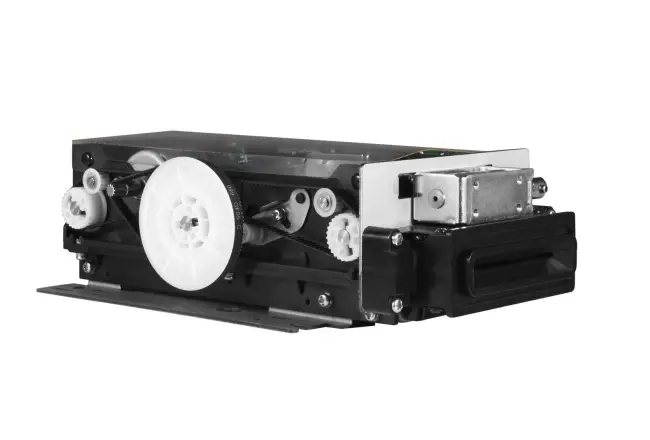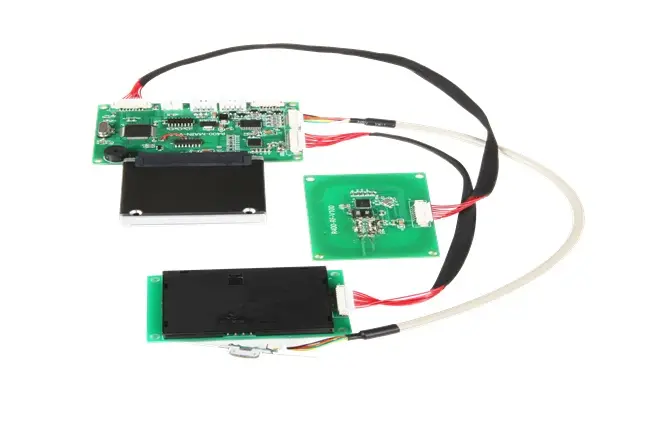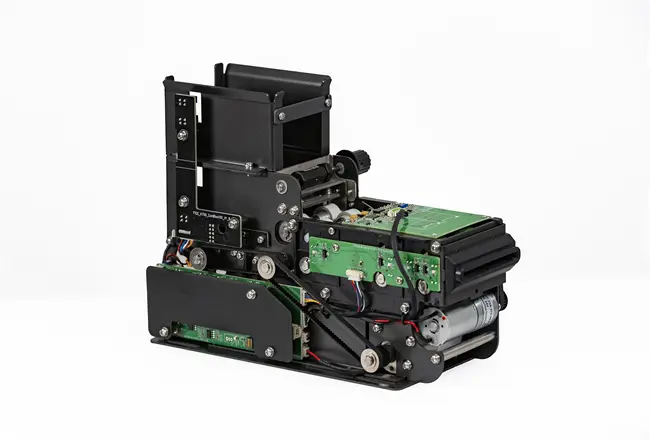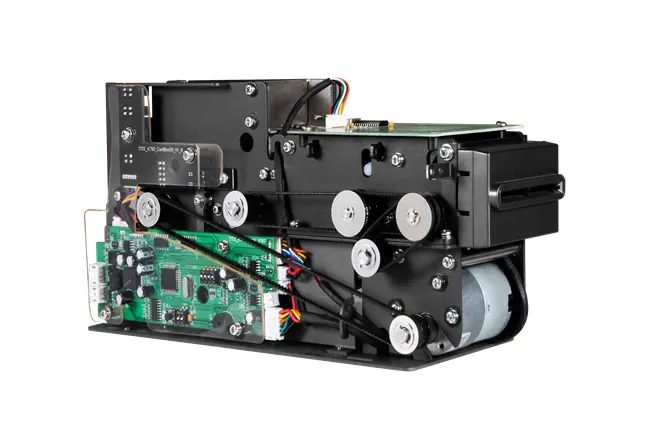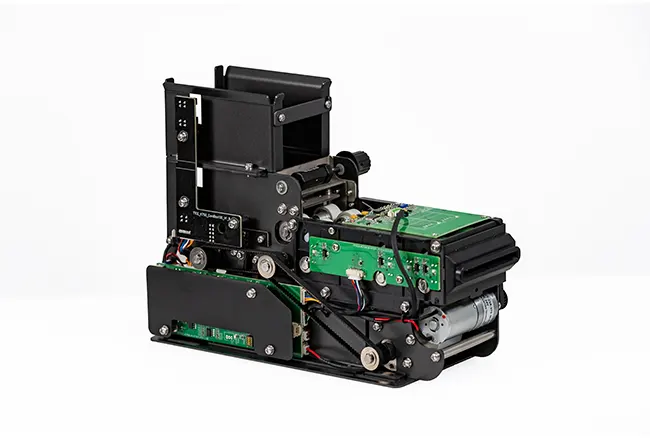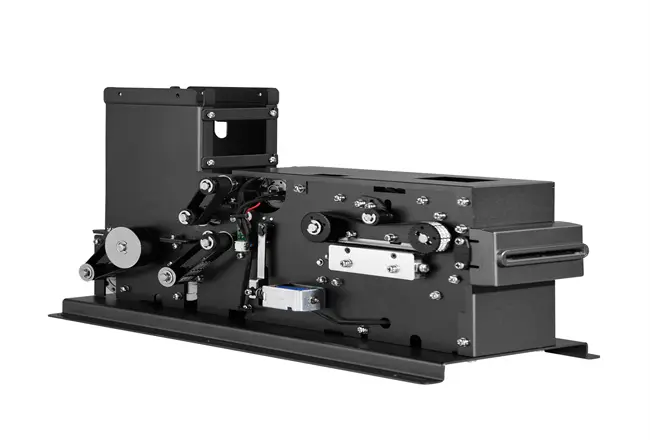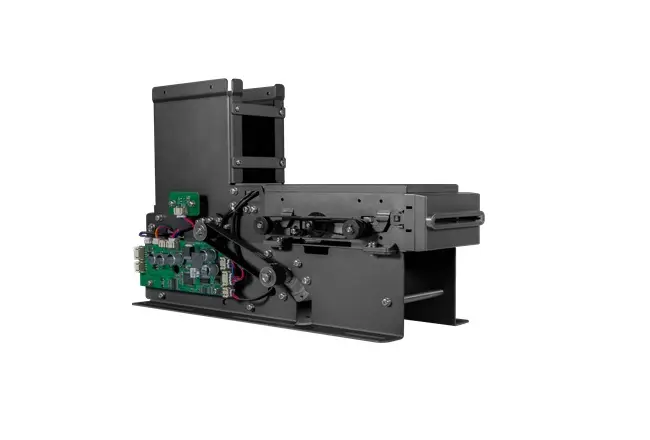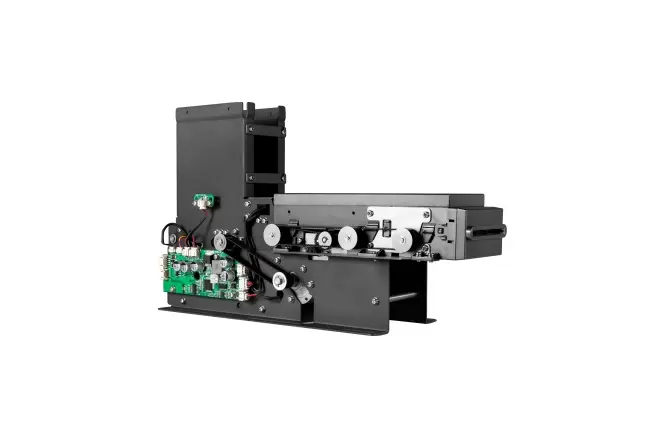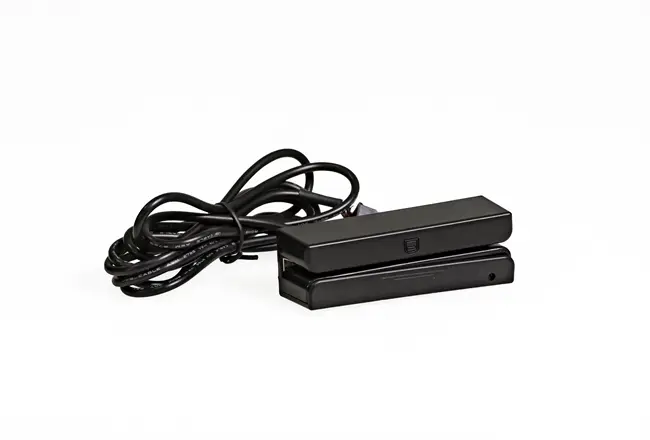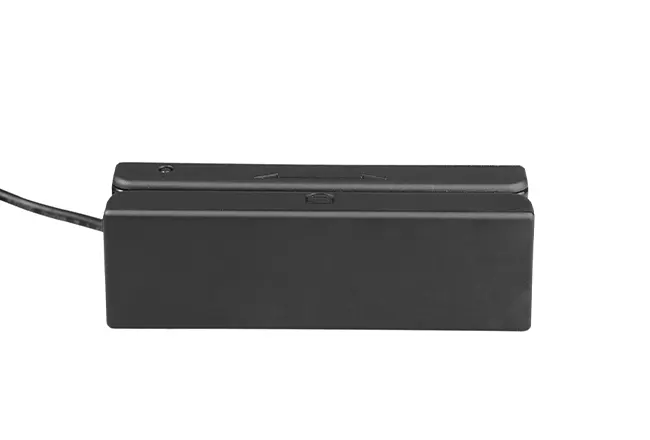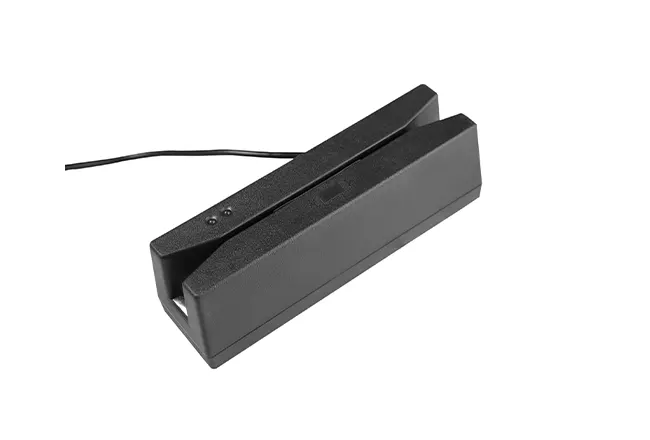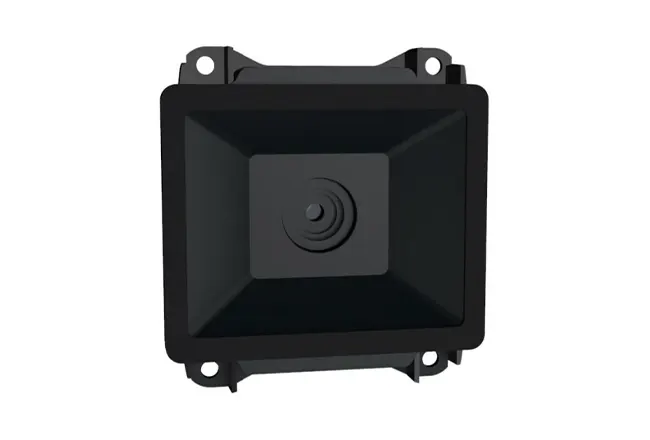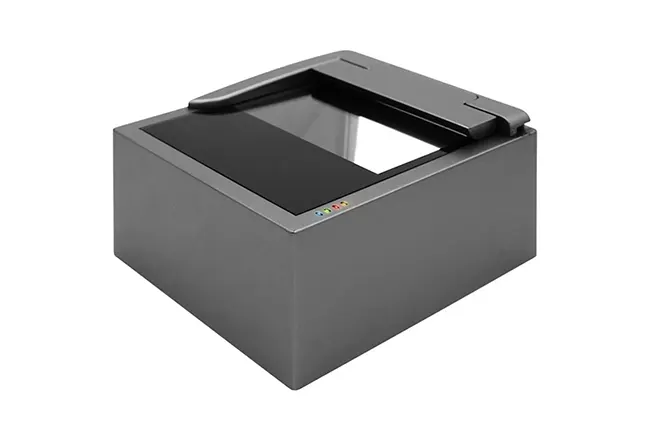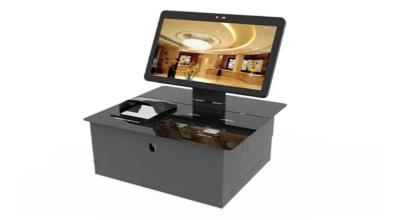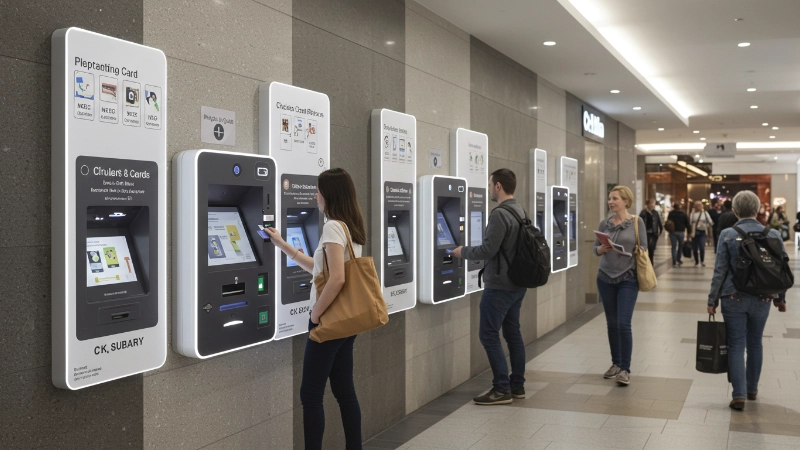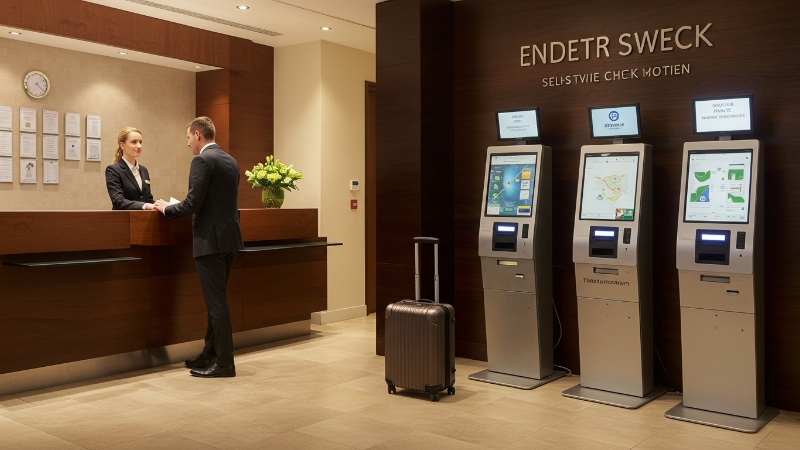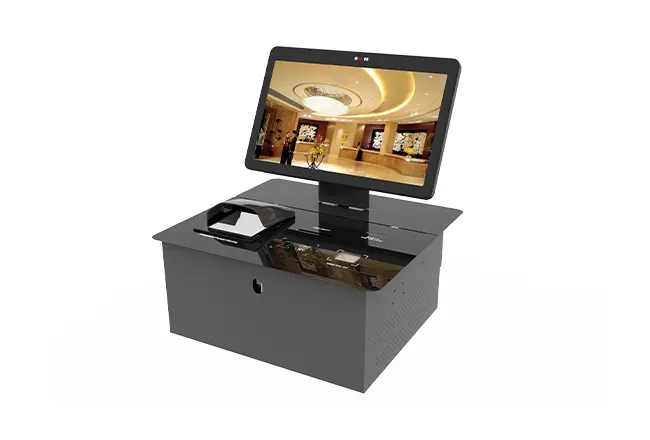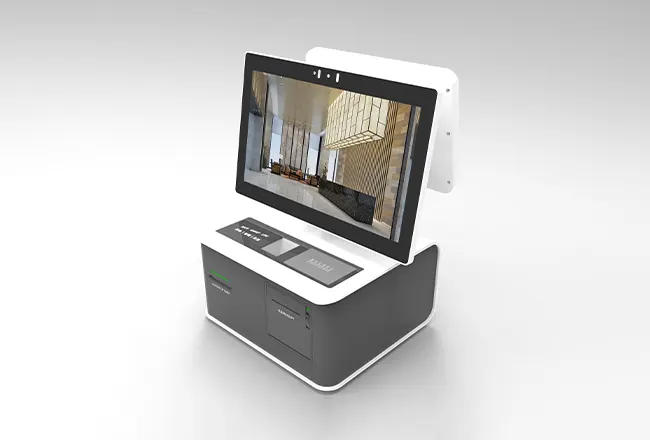Blog Related
The Advantages of Automated Hotel Check-In for Modern Travelers
2025-06-201 | Why the First Five Minutes Shape a Stay
Picture the scene: you step off a long-haul flight, luggage in one hand and coffee in the other, only to find a snaking queue at the front desk. Ten minutes later the coffee is cold, your patience is thinner, and the "welcome" feels anything but warm. Hotels have known for years that those first five minutes decide whether a stay begins with excitement or irritation. Automated hotel check-in flips that script entirely. By letting guests confirm their identity, settle the bill, and collect a room key from a kiosk or mobile app, the ritual of waiting vanishes.
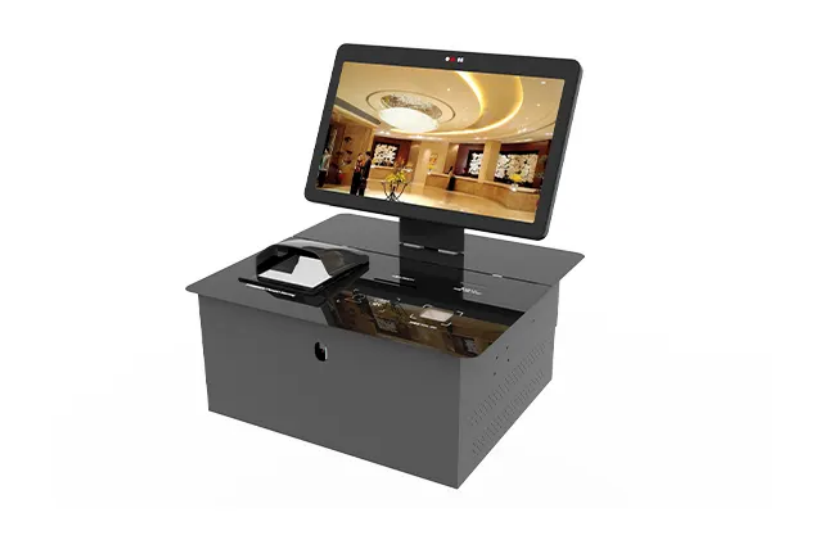
What surprises many first-time users is not merely the speed but the sense of autonomy. Because the interface is self-paced, you control the tempo: rush through if you're late for dinner, or slow down and double-check details if you prefer. The transaction is private, too; no more reading your e-mail address aloud while other guests hover behind you. In short, the lobby transforms from a bottleneck into a genuine welcome space.
2 | How Automated Hotel Check-In Delivers
Long before the word "contactless" became mainstream, forward-thinking properties were experimenting with kiosks like Tianteng's TTCE-HT346. The process felt closer to using an ATM than a traditional front desk - only faster. The screen walked people through three simple steps:
✅Scan & Verify:The kiosk read the passport in seconds, cross-checked the reservation, and snapped a quick facial photo to make sure the document and the person matched.
✅Pay & Confirm:A single tap settled the deposit. The machine took Apple Pay, Google Wallet, and every major card, so no unexpected currency issues.
✅Collect & Go:Within eight seconds a fresh key card slid out of the slot, and the elevator was already calling the floor.
Those eight seconds mask a great deal of clever engineering. Two HD cameras perform human-presence detection so the kiosk can ignore passers-by and focus on real guests. A circular dispenser protects up to 100 key cards from scratches - crucial during peak check-in hours. And because the kiosk is embedded into the counter, it doesn't steal precious lobby real estate.
Why should guests care about the chips and motors behind the panel? Because reliability equals peace of mind. The thermal printer never jams, the wide dynamic-range camera captures faces accurately even in backlit lobbies, and real-time integration with the property-management system ensures a room is not double-booked. Tech that "just works" fades into the background, leaving the human experience front and center.
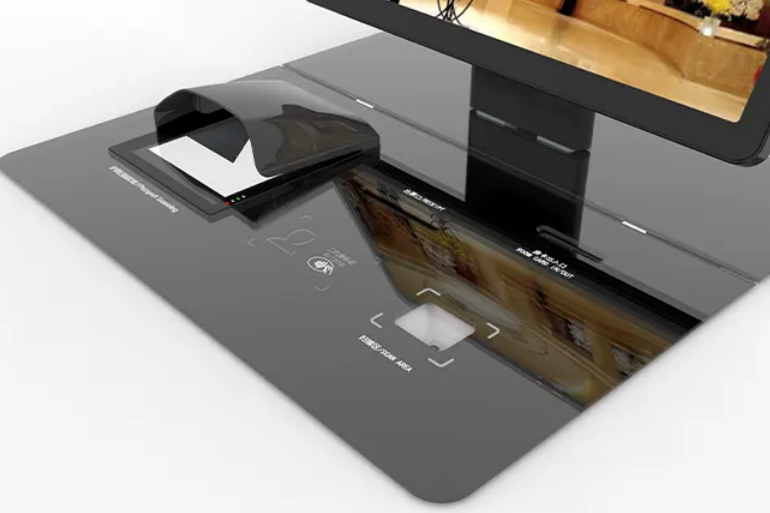
"Forty-one percent of guests now prefer a self-service arrival," notes Deloitte's 2024 Global Traveler Survey. That figure rises above 60 percent for guests under 35. In other words, automated hotel check-in is no longer a novelty; it is a baseline expectation for a growing majority of travelers.
Quick-hit guest advantages:
✅Zero queue anxiety-average kiosk transaction time:90 seconds
✅24/7 availability-perfect for early red-eyes or midnight road-trippers
✅Robust identity checks-face match + ID scan deters fraud better than manual scrutiny
✅Payment flexibility-chip card, contactless, QR wallet, or even corporate account codes
3 | Lasting Gains for Guests and Hotels
Faster arrivals are only part of the story. Once a property removes the bottleneck, unexpected benefits ripple outward.
- Staff redeployed to true hospitality
One seasoned concierge told me, "When the line disappears, I finally have time to recommend a hidden ramen shop instead of printing receipts." Freed from clerical chores, front-of-house teams can offer the personal touches that software cannot replicate - be it arranging airport transfers or surprising a honeymoon couple with flowers.
- Better data, better stays
Because each kiosk transaction feeds raw data directly into the cloud-based PMS, hoteliers gain real-time insight into peak arrival windows, popular payment methods, and even average check-in durations. That intelligence drives smarter staffing and tailored packages. Guests benefit through shorter waits for housekeeping, timelier room upgrades, and offers that match their actual behavior rather than guesswork.
- Security and trust
Multi-factor verification (document scan plus facial recognition) means a lost passport no longer jeopardizes a booking, while digital audit trails reduce chargeback disputes. For business travelers bound by corporate compliance, this level of traceability is a quiet but significant win.
The Road Ahead
Consumers embraced airline e-check-in a decade ago; hotel lobbies are the final frontier. As artificial intelligence matures, we will see kiosks predict room preferences - soft-versus-firm pillows, hypoallergenic linen, even preferred mini-bar stock - based on prior stays. A polite prompt might read, "We notice you enjoyed a late checkout last visit; would you like to add one again?" That blend of machine efficiency and human-like memory is where hospitality's future lies. Tianteng, manufacturing from a 4,000 ㎡ facility with five production lines and rigorous QC, illustrates the backbone required to keep that future running smoothly. Yet the real proof sits in front of every kiosk: the relieved parent juggling two toddlers, the jet-lagged executive who just wants a shower, and the digital nomad thrilled to bypass the desk altogether. By stripping friction from the very first interaction, automated hotel check-in upgrades the entire guest journey. It sets the tone for a stay that feels personal, secure, and - above all - respectful of time. Next trip, if you see a sleek touchscreen glowing in the lobby, give it a try. You may discover that the best welcome is one you give yourself.

